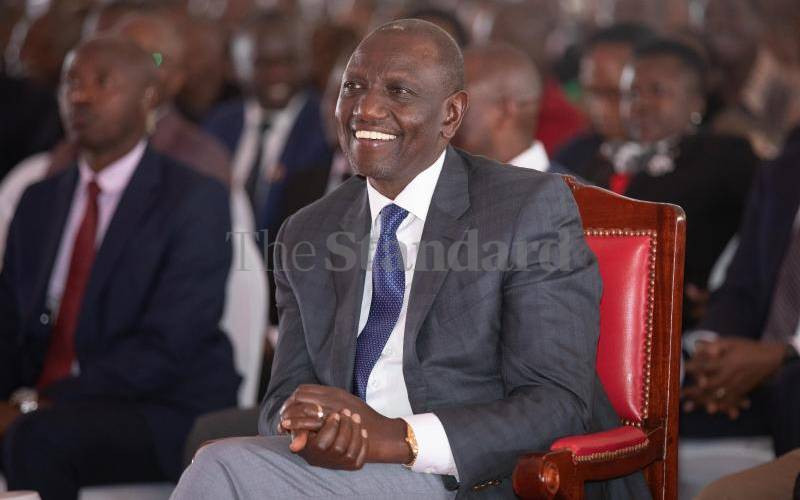×
The Standard e-Paper
Fearless, Trusted News

President William Ruto has come out strongly to advocate for a united Africa in tackling 21st century challenges.
He has advocated for free trade and the opening up of African borders to allow for free movement of goods and people.